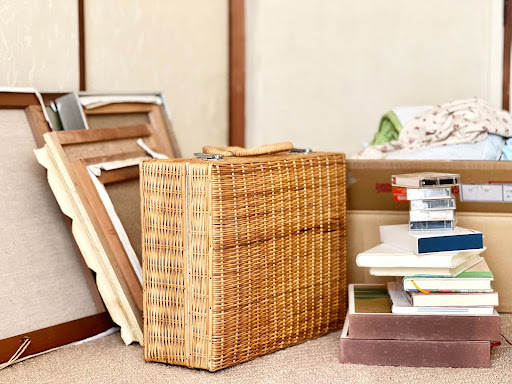Estate sales are a great way to quickly get rid of a large quantity of unwanted items in a short period of time. However, there’s no guarantee that the process takes care of every single belonging, no matter how successful it may be.
So then, what happens to estate sale leftovers, and who buys estate sale leftovers? Let’s take a look at what can become of estate sale leftovers and how you can manage them.
What Is an Estate Sale Leftover?
An estate sale leftover refers to any remaining items that weren’t sold during the estate sale. Despite careful planning, it’s common for some items to be left unsold — especially when dealing with large inventories or niche items. These sale leftovers can include anything from furniture and collectibles to everyday household goods that didn’t attract buyers during the initial sale.
Who Buys Estate Sale Leftovers?
There are many buyers who are interested in purchasing estate sale leftovers — from resellers seeking to profit from discounted items to private individuals who are looking for specific treasures. Sometimes, an estate sale company may buy these unsold items at a reduced rate and plan to resell them at a later date.
Additionally, a liquidation company might offer to buy all the items in bulk, which simplifies the process of clearing out the property immensely. This bulk purchase option is beneficial when the estate still has a lot of remaining items and the family needs to move on quickly without the burden of unsold belongings.
What Happens to Estate Sale Leftovers if Nobody Buys Them?
When estate sale leftovers aren’t sold, they can become a serious burden. You may need to have your property cleared by a cleanup service so that the unwanted belongings can be sent to a garbage dump. However, this can add extra costs that weren’t anticipated during the planning stage. It’s a good idea to review what items can be recycled before having them tossed away in a landfill.
How Can You Manage Your Estate Sale Leftovers?
There are several ways you can manage leftovers if nobody else is willing to buy them. One possibility is selling estate items at an auction, where they might attract a different audience willing to pay for items that didn’t sell during the estate sale. However, this comes with its own risks and often involves lowering the prices of the leftover items, especially if they are perishable, seasonal, or otherwise depreciating in value.
Alternatively, you can bring them to a local charity center so that those less fortunate can make use of them. Reaching out to a professional estate sale company can help navigate these decisions, offering guidance on what happens to estate sale leftovers and the best strategies for minimizing losses.
Call Estate 360® Today!
If you’re searching for an estate sale company in California, reach out to Estate 360®! We take the hassle and stress out of the estate sale process by making it easy and stress-free. To sell with us and learn about our current sales, give us a call!


Recent Comments